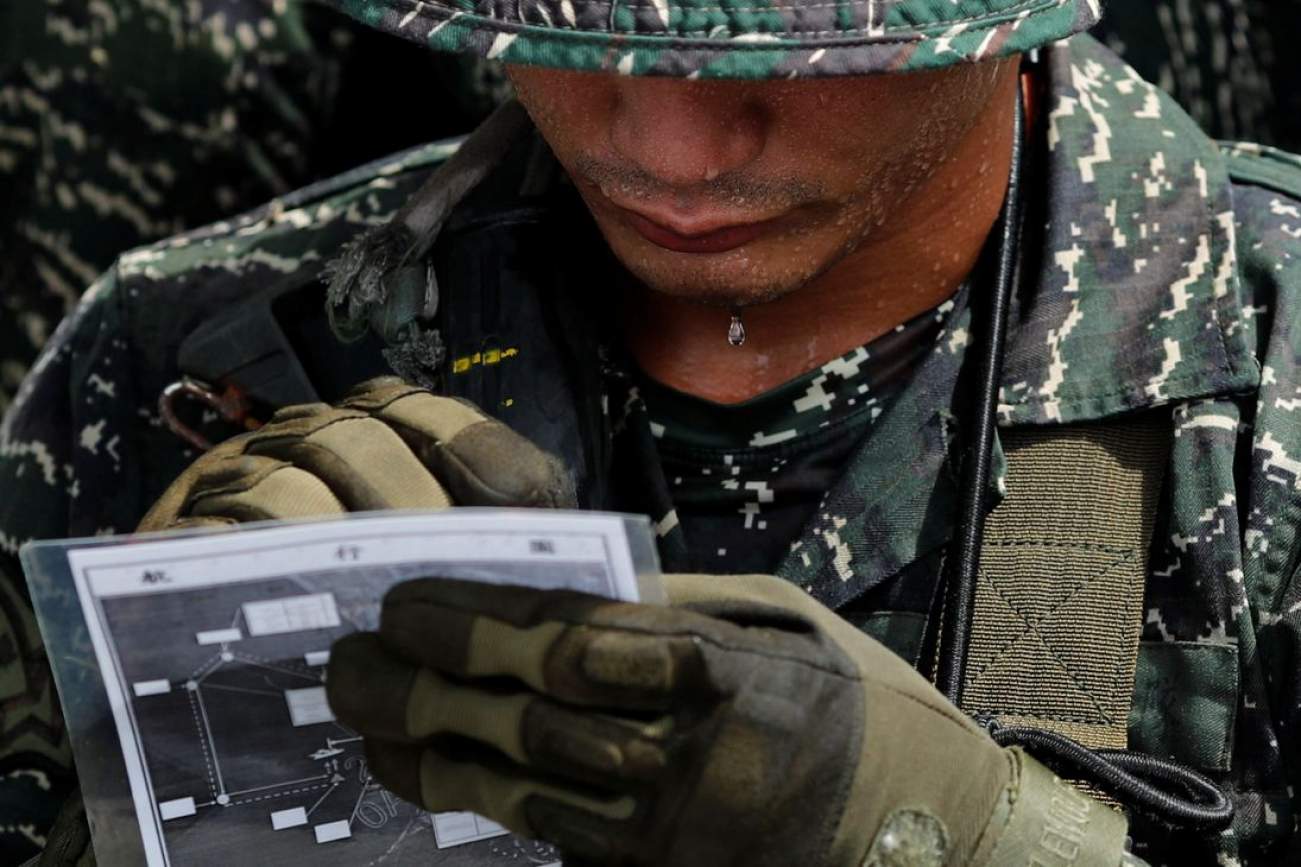 It feels surreal to rehash the “Who lost China?” debate from nearly seventy years ago, but here we are yet again deliberating the future of Taiwan and its role in U.S.-China relations and in U.S. defense strategy more broadly. Watching the rapid meltdown of the incompetent and unpopular Nationalists in the Chinese Civil War, President Harry Truman made the correct decision to extricate the United States from that civil war. On January 5, 1950, he made a speech (discussed at length in the classicbook Useful Adversaries) that cited the Cairo Declaration and explained that “the United States would neither intervene militarily in the Taiwan Straits nor provide military assistance to combatants in the Chinese Civil War.”
It feels surreal to rehash the “Who lost China?” debate from nearly seventy years ago, but here we are yet again deliberating the future of Taiwan and its role in U.S.-China relations and in U.S. defense strategy more broadly. Watching the rapid meltdown of the incompetent and unpopular Nationalists in the Chinese Civil War, President Harry Truman made the correct decision to extricate the United States from that civil war. On January 5, 1950, he made a speech (discussed at length in the classicbook Useful Adversaries) that cited the Cairo Declaration and explained that “the United States would neither intervene militarily in the Taiwan Straits nor provide military assistance to combatants in the Chinese Civil War.”
Some Americans have evidently not changed their views much since the 1950s and remain blissfully ignorant of both the relevant history and, even more disturbingly, of the rapidly shifting military balance in the Asia-Pacific region. These problems are at the heart of Gordon Chang’s recent critique of my mid-July piece in this forum entitled “ Storm Clouds Gathering in the Taiwan Strait .” Chang’s piece is long on ideological zeal and short on facts, but what makes his writing so disturbing is how he tiptoes around the inconvenient reality that a Taiwan war could cost the lives of thousands (or hundreds of thousands) of American servicemen and women. It is not even far-fetched, moreover, to suggest that such a conflict might well involve the exchange of nuclear weaponry against homeland targets (and yes, well beyond Hawaii to cover the entire southeastern United States). As I reported in my original Taiwan piece, Beijing recently announced the tenth successful test of the DF-41 MIRVed mobile ICBM—and that one just happened to deploy a BMD-evading hypersonic warhead.
Chang and I do somehow agree on a few things, however. We are evidently in agreement that “… war can start over Taiwan.” We both apparently assess that “… the People’s Republic [of China is not] … the Third Reich …” Our geographical reckoning is likewise similar enough that he does admit that Taiwan is indeed “on the other side of the planet.” He even concedes that “At one time, the leaderships of the People’s Republic of China and the Republic of China were linked by the same race, culture, and language.”
The last point is actually a rather powerful statement, considering that identities are not “constructed” overnight (even allowing for their considerable malleability). Indeed, that fact of history flies in the face of Chang’s bizarre claim that the Taiwan issue is not a “family quarrel” as I put it in the penultimate line of my original piece. Indeed, he reveals what many Taiwan nationalists would like to cover up and what few Americans seem to know: that to the present day, “… Taipei formally maintains it is the legitimate government of China.” Chang’s claim that this is not a “family quarrel” is nonsensical based on his own candid admissions. One may sympathize with the aspirations of the people of Taiwan to control their own destiny, of course, but the polls Chang cites cannot change the above facts of modern history.
And yet since the vast majority of Americans are completely unfamiliar with Taiwan history—quite understandably given it’s on the other side of the planet—let’s review a few basic points that are always omitted from standard pro-Taiwan independence polemics, such as Chang’s. After Ming remnants fled to Taiwan in the mid-seventeenth century, the ascendant Qing dynasty invaded the island and solidified Chinese rule in 1683. In other words, Beijing formally ruled Taiwan for almost a century before the American Revolution. That makes for a rather strong historical claim. Speaking of historical claims to territory, Americans probably do not want to delve too deeply into the details surrounding certain American annexations like Hawaii. It’s best to probably leave those bones where they are buried.
In 1895, not many years after the Chinese government designated Taiwan as its own province (separate from Fujian Province), Japan conquered the island. As a colony of Tokyo, many Taiwanese tragically fought and died for the losing Japanese side in the Pacific War. The bottom line, as our great President Harry Truman realized and stated unequivocally in early 1950 (see introduction), is that the Cairo Declaration is very clear: all territories conquered by Japan should be returned to China—including explicitly the island of Taiwan (then called Formosa). Of course, many in Japan (and more than a few in Taiwan) have nostalgia for the “good old days,” and a hint of this is indeed revealed in Chang’s critique when he states: “There are Japanese islands south of Taipei, and on a clear day one can see Taiwan’s mountains from Japanese soil.” While Japanese nationalists may sigh with emotion at such florid descriptions, Americans are rightly skeptical. What about all the Americans who suffered grave atrocities at Japanese hands and have never seen any kind of justice? Japanese nationalism and related threat inflation tendencies are unlikely to stir Americans to take massive risks for Taiwan. Then again, there is the other inconvenient fact of geography that the main islands of Japan (e.g. Kyushu) are some 700 miles northeast of Taiwan, and the soil Chang mentions with such reverence (Ishigaki island) amounts to barely a speck.
No comments:
Post a Comment